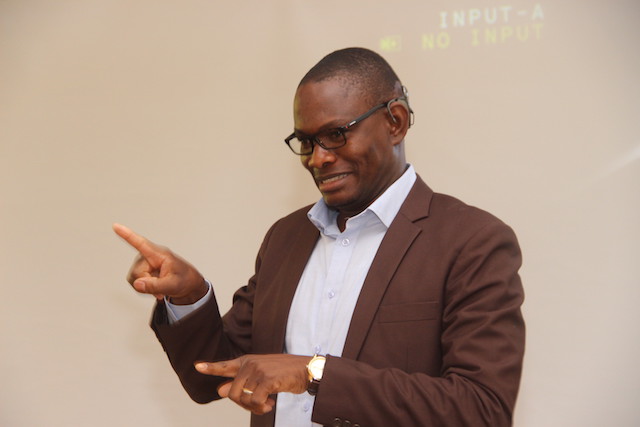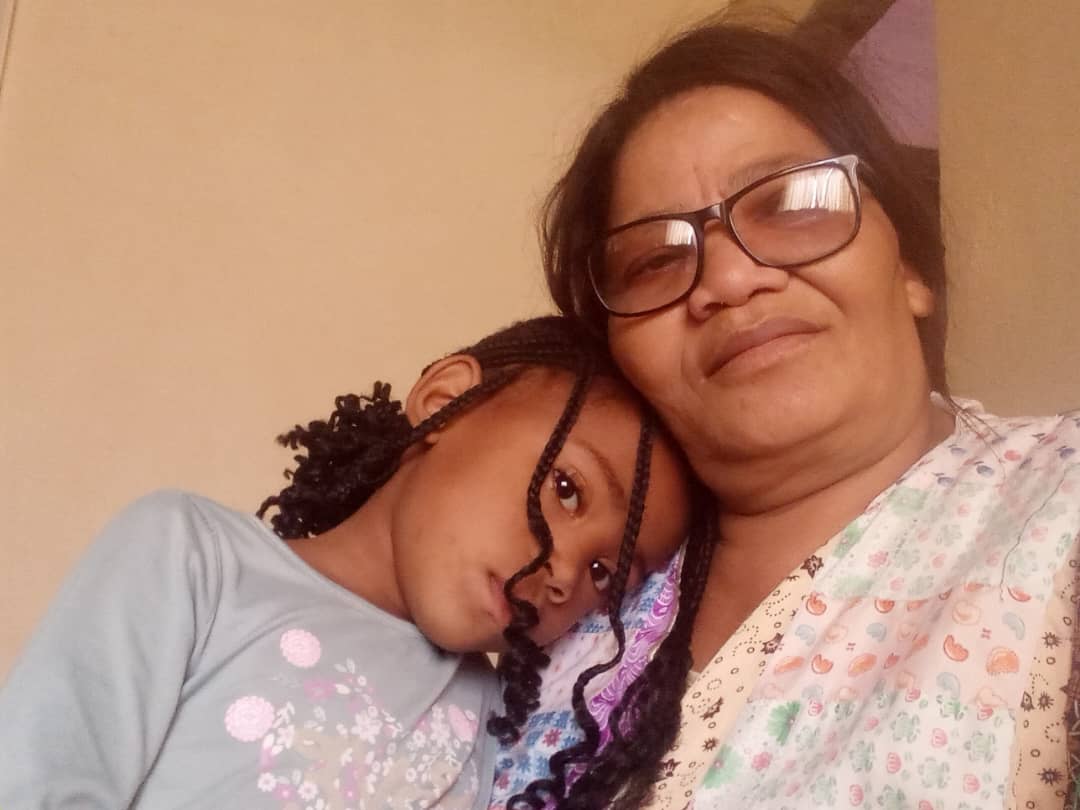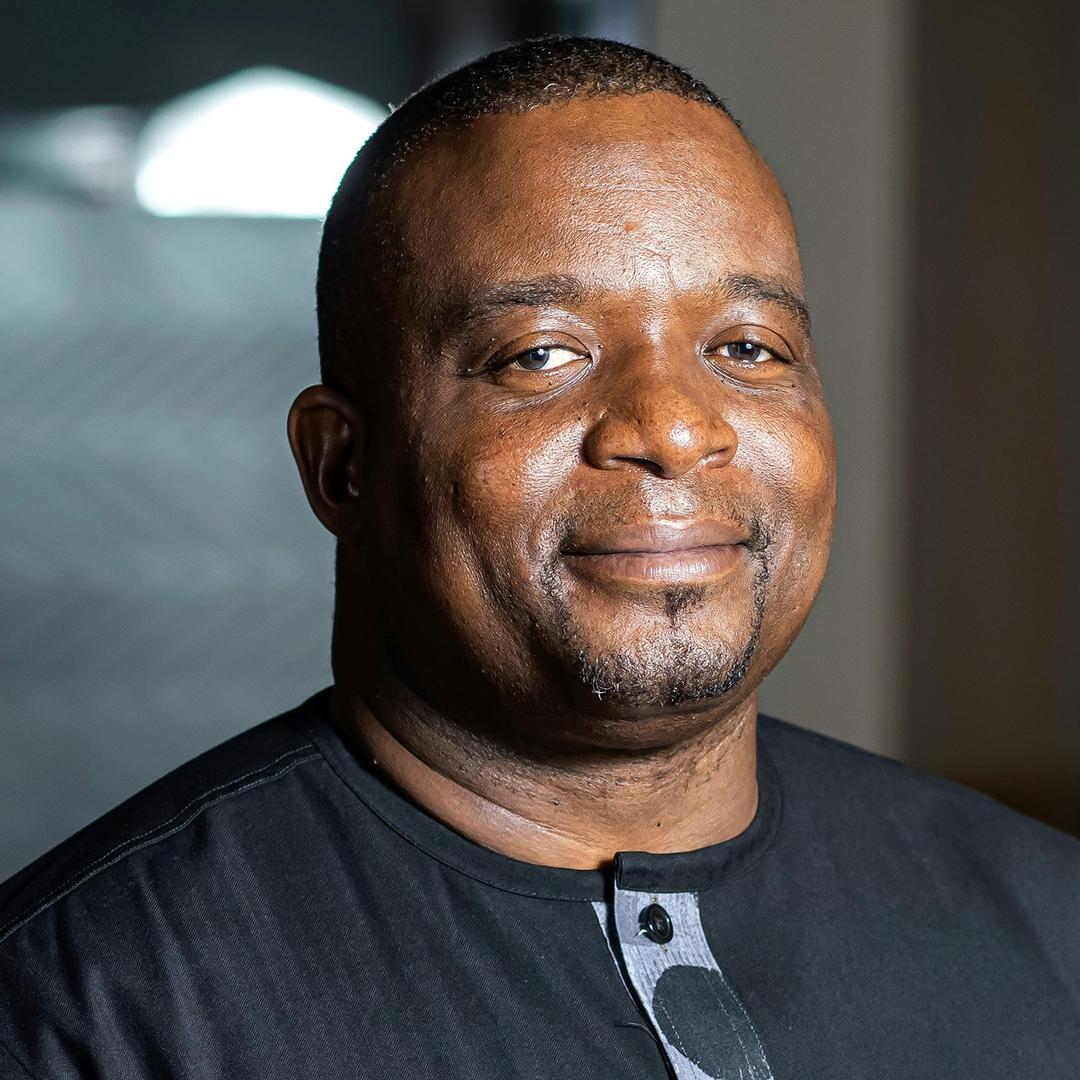THE NAMIBIA National Association of Deaf (NNAD) says it is time sign language is recognised on the same level as indigenous languages and be promoted with the same passion.
These were remarks the executive director of Namibia National Association for the Deaf, Linekela Nanyeni, made during an interview with on Friday.
The Namibia National Association for the Deaf held a week-long workshop for deaf youths in the Zambezi region aimed at educating them about their rights, last week.
The workshop was attended by 20 deaf youths from the region. “We are conversant with the sustainable development goals, as they calls for an end to inequality. However, this cannot be achieved if we do not have sign language in place,” Nanyeni said.
He said the absence of sign language interpreters and sign language training at institutions of higher learning for those aspiring to assist the deaf community, is worrying.
Nanyeni urged development planners to make budgetary provisions to train more interpreters to ensure an inclusive Namibia that is accessible to all. He added that everyone should make an effort to learn sign language, and not only the friends and family of the deaf.
“A deaf person might be a son or brother in-law to your family and you will have reservations about them being deaf. More importantly, everyone should take the responsibility of ensuring that Namibia is inclusive for everyone,” he said.
According to Nanyeni, the Zambezi region is lagging behind in the roll-out of sign language education, as there is no school in the region for that purpose.
“Zambezi region is home to many deaf people, and some never went to school, which is a violation of their basic human rights. We need a fully fledged school that has all the staff and materials in place. Hearing children have schools in their home regions, but the deaf are disadvantaged and have to travel thousands of kilometres to access schools in Windhoek and other places.
Imagine sending your child to Windhoek where there is no family member to look after her/him,” he said, adding that each region must have its own school for the deaf.
Mushe Muyembuluko (22), who attended the workshop, said he was grateful to NNAD for hosting such a gathering because it was informative for them.
“The first change I would like to see in the region is a school for the deaf and vocational centres for the deaf. Additionally, we want to see sign language budgeted for and promoted in the region because this will mean access to education,” he said.
Another participant Namwaka Mukele (31) also expressed similar sentiments saying she wants to see schools established in Zambezi, as she know a lot of deaf children in her area that need to attend schools.
“I would like to start advocating our rights so that we will be included in everything. If no one listens, then we will organise a peaceful demonstration as a means of showing our frustration and putting out our demands,” she stressed.
Stay informed with The Namibian – your source for credible journalism. Get in-depth reporting and opinions for
only N$85 a month. Invest in journalism, invest in democracy –
Subscribe Now!










